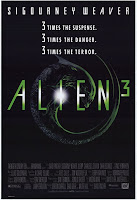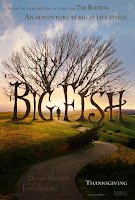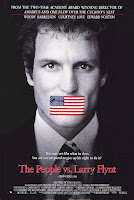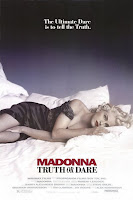 ** out of ****
** out of ****In a studio system dependent on its stars to generate bucks at the box office, MGM assembled the cream of the crop for an ensemble cast-driven melodrama called "Grand Hotel." The 1932 Oscar-winner for Best Picture (with, curiously, no other nominations) was likely rewarded more for its scale than for any other reason. Although some of the stars do hold their own―namely Greta Garbo as the tired Russian ballerina who becomes reinvigorated by love (and who utters one of the most famous lines in film history, "I want to be alone"), Lionel Barrymore as the adorable, jovial Kringelein, who decides to live his last days with style because he is terminally ill, and a young Joan Crawford as Flaemmchen, the objectified stenographer with sass―most of the action is boring and the dialogue is excessively chatty. Lewis Stone's line, "Grand Hotel. People come, people go... Nothing ever happens," is supposed to be ironic since a supposedly complex series of interconnected stories transpires, but, boy, was he right! 1932, 112 mins.










